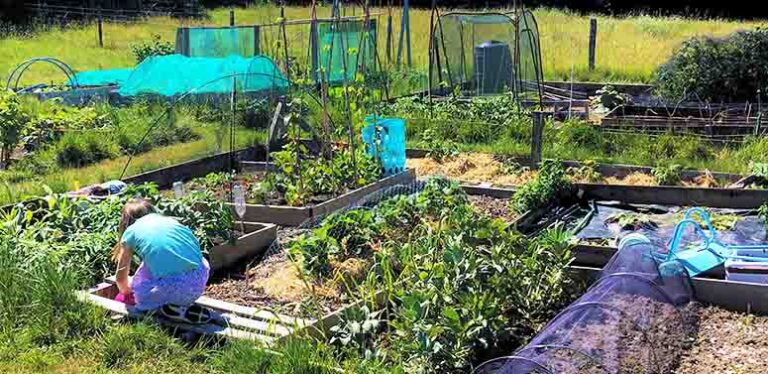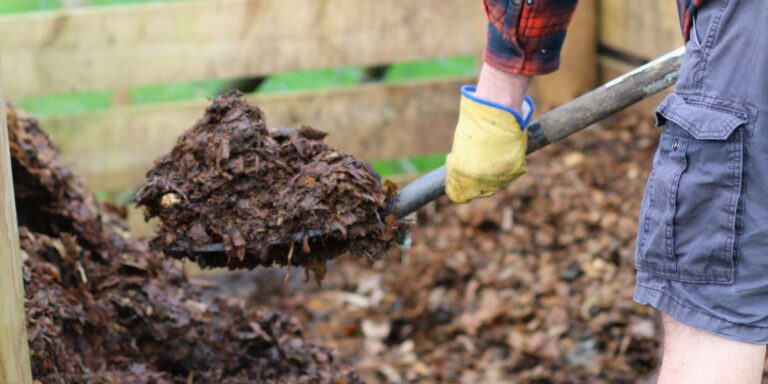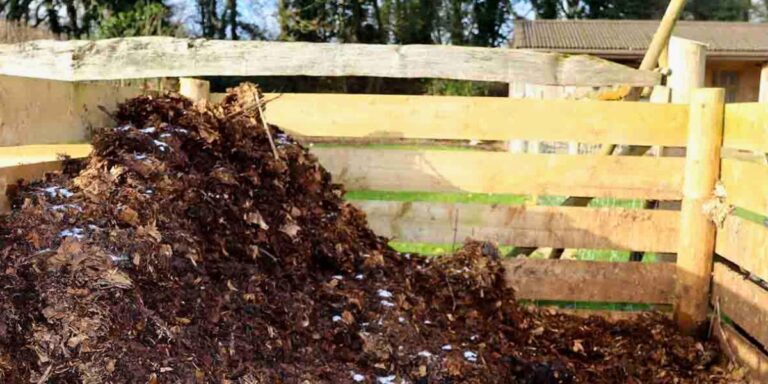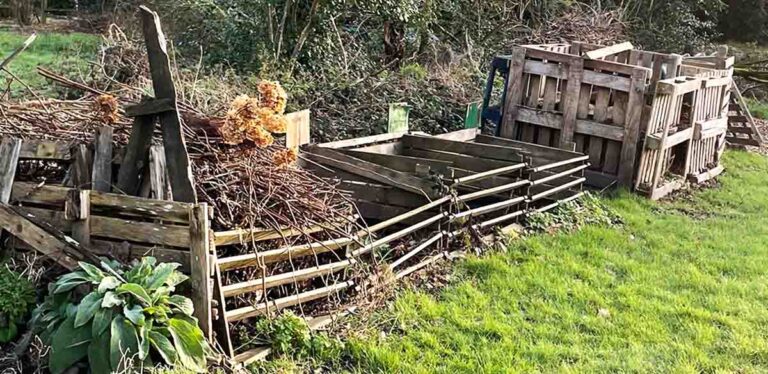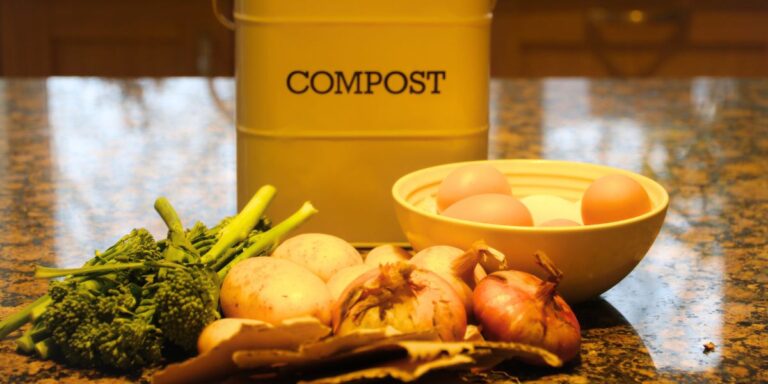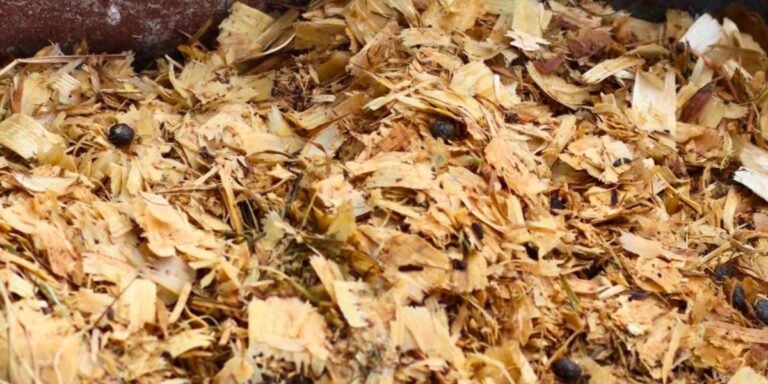Compost Starters And Accelerators – Do You Need Them?
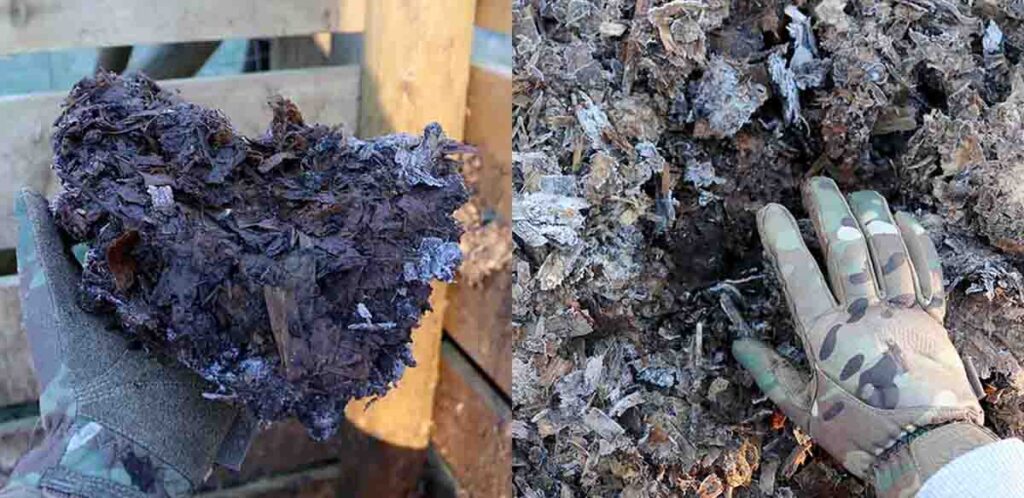
Compost starters and accelerators, alongside activators, rejuvenators, and other similarly-named products are sold with the promise of being able to bring a dormant compost heap back to life. They’re liquids or powders, designed to be incorporated into a compost heap that’s stopped breaking down. Their ingredients are usually a bit of a mystery, and you don’t have to spend much time reading about them to realize that gardeners are divided into two camps about their value. Here’s a look at the arguments for and against, and how to judge whether your heap could benefit from them.
- What are compost starters and accelerators
- Criticisms of compost starters
- When might they work?
- Homemade compost starters and accelerators
What are compost starters and accelerators
Our local garden center has a whole shelf of boxes, bags and packets with names like compost starter, compost activator, compost accelerator (exciting!) and even ‘compost rejuvenator’ (whatever that means). These names are used interchangeably for products that contain either a supply of the friendly bacteria responsible for breaking down organic waste into compost, and/or a source of the nutrients those bacteria need to flourish. They sometimes also contain ingredients to ‘correct’ the pH of your compost pile. The results promised by the packaging include things like restarting decomposition in a dormant composter, and reducing the amount of time it takes to produce usable compost.
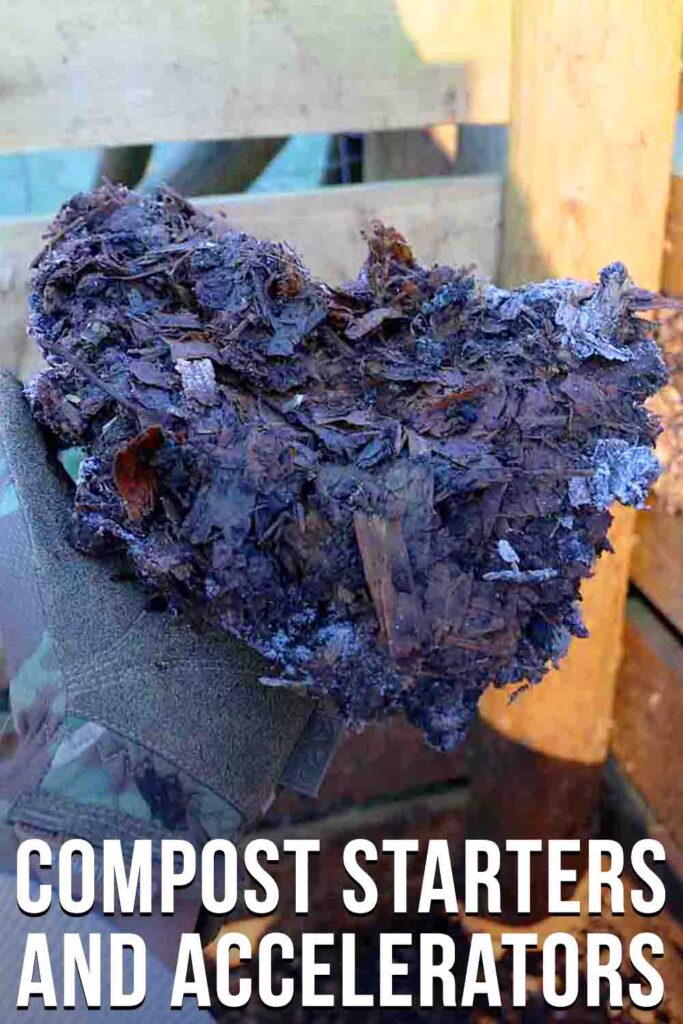
Criticisms of compost starters and accelerators
They sound like a pretty handy product, right? But they receive a lot of criticism, and many gardeners regard them as little more than snake oil. Here’s why:
1. Their ingredients are a mystery
Most compost improvers are pretty cagey about what they actually contain, and in what quantities. Things you’re unlikely to be able to tell about them include:
- What kinds of good bacteria do they contain, and in what quantity? How have they been preserved to make sure that you’re not just adding useless dead microbes to your compost heap?
- Exactly what nutrients and minerals do they contain, and in what form and concentration? Most product rely on a source of nitrogen, to revive a flagging bacterial population. But not all sources of nitrogen are created equal, and not all can be used by the all the different microbes in your compost pile.
2. Your compost pile is already teeming with bacteria
The bacteria and other microbes that cause decomposition in a compost heap are already all around us. In the air, and on the surfaces of the materials you’ve added to your pile. All they need to thrive is the correct environment in your compost pile and they will start to multiply and work their magic (more on that in a minute). Buying them in is slightly absurd, and won’t make much difference to the progress of your compost if you don’t also fix their environment anyway.
2. You can reignite a compost heap without them
It’s not unusual for compost piles to go dormant. Especially when you’re starting out and still getting familiar with the composting process. It just means that something the friendly bacteria inside your pile need to flourish is missing. Sometimes adding a compost starter or accelerator is one way of adding what’s missing. But it’s never the only way, it’s almost certainly not the cheapest way. Sometimes they can even be counterproductive!
3. A healthy compost pile regulates its own pH
A common ingredient of compost accelerators is quicklime, a powerfully alkaline compound. Its purpose is to ‘correct acidity’ in a compost heap. But in fact, accumulation of acids is a normal part of the decomposition process in a composter. The acidity then helps break down some of the toughest organic matter, like woody material and cardboard. As the compost matures and cures, the acids are neutralized again. Disrupting this process with quicklime interferes with the natural acidity arc. Ironically, quicklime also reacts with the nitrogen in your heap, making it unavailable to the hardworking friendly bacteria. So the nitrogen and the quicklime in a compost starter could easily end up canceling each other out!
When might compost starters and accelerators work?
Using an activator is one way to foster the right environment for composting. But it’s not the only way, and it’s not always even an appropriate way. Here are the important favorable conditions your friendly bacteria need, and whether applying a compost activator might help:
1. A source of carbon
Bacteria use carbon and oxygen to make energy. Good sources or carbon for your compost heap are dead leaves, shredded paper and cardboard and straw. Collectively, they’re known as brown materials. Some starters or accelerators contain sugar, which is extremely high in carbon, to energize the bacteria in a compost heap. Whilst this will work in the short term, without a more long lasting supply of carbon it will only cause more problems.
2. A source of nitrogen
Bacteria use nitrogen for growth and reproduction. Good sources of nitrogen for your compost heap are grass cuttings, fruit and veg scraps, teabags and coffee grounds. Collectively, they’re known as green materials. Compost starters and accelerators can be good for rapidly injecting nitrogen into your compost pile, if you don’t have any other green materials otherwise available to you.
3. Moisture
Bacteria are roughly 70% water, so they need moisture in their environment in order to grow. Applying a compost starter may revive an overly dry pile, if only because it needs to be diluted and watered in. However, if a waterlogged pile has become stagnant, then applying starters or accelerators are only likely to make the problem worse. Dig the pile out and relayer it with fresh brown material to soak up the excess water instead.
4. Oxygen
The friendly bacteria that ought to dominate in your compost pile are aerobic, meaning they need oxygen. Lack of oxygen is a problem for compost piles which have become compacted under their own weight, waterlogged, or which contain too much green material (which tends to disintegrate into a thick sludge without sufficient brown material to give it structure). Applying a compost activator or rejuvenator isn’t going to fix this problem. But relayering the contents of your pile with lots of straw or shredded paper to create air spaces will.
Homemade starters and accelerators
Rather than going out and buying a product to apply to your compost heap, it’s highly likely you can add whatever your friendly bacteria need for free instead:
- Fruit and veg scraps. If you don’t already compost your kitchen waste, incorporating your fruit and veg peels and trimmings now will give your pile a big boost of nitrogen and cause the interior to heat up in no time.
- Lawn cuttings. Grass is also rich in nitrogen. If your compost pile has gone dormant over winter, then dragging its contents out and re-layering it with the cutting from the first mow of spring is a sure fire way to get it back in business.
- Soil or finished compost. If you’re still worried about the contents of your pile being too sterile then an easy way to boost it’s population of friendly bacteria is simply to add a couple of spadefuls or a small bucket of soil from your yard, or finished compost (from your neighbor’s pile perhaps, or even just from a store-bought bag).
- Air. Drag all the contents out of your composter and relayer it with plenty of fresh brown materials to make air pockets and improve air circulation in a heap that’s too wet or squashed to break down.
Compost starters and accelerators – summary
Compost starters, also known as accelerators, activators or rejuvenators, usually contain an undisclosed cocktail of ingredients the friendly bacteria in your compost heap need to grow and reproduce. They can be helpful for reigniting a dried out, dormant compost heap, but they won’t solve every composting problem.
To my mind, buying compost accelerator is a bit like buying Italian seasoning in the grocery store. Yes it’s just a few dried herbs mixed together. Sure, I could probably make it myself from the herbs I have growing in the yard, or already sitting in my spice rack. And for a culinary purist, I’m sure it’s never not worthwhile to make a little extra effort to use fresh herbs. We all have areas in life in which we take shortcuts, and areas in which we tend to scoff at the people who take shortcuts. We also tend to want more ‘help’ when we’re still mastering a new skill, but gain confidence to solve problems ourselves once we’re a bit more experienced. If a compost accelerator is the shortcut or help you want, I’m not here to judge.
Let us know what side of the starters and accelerators fence you stand on using the comments box down below!

